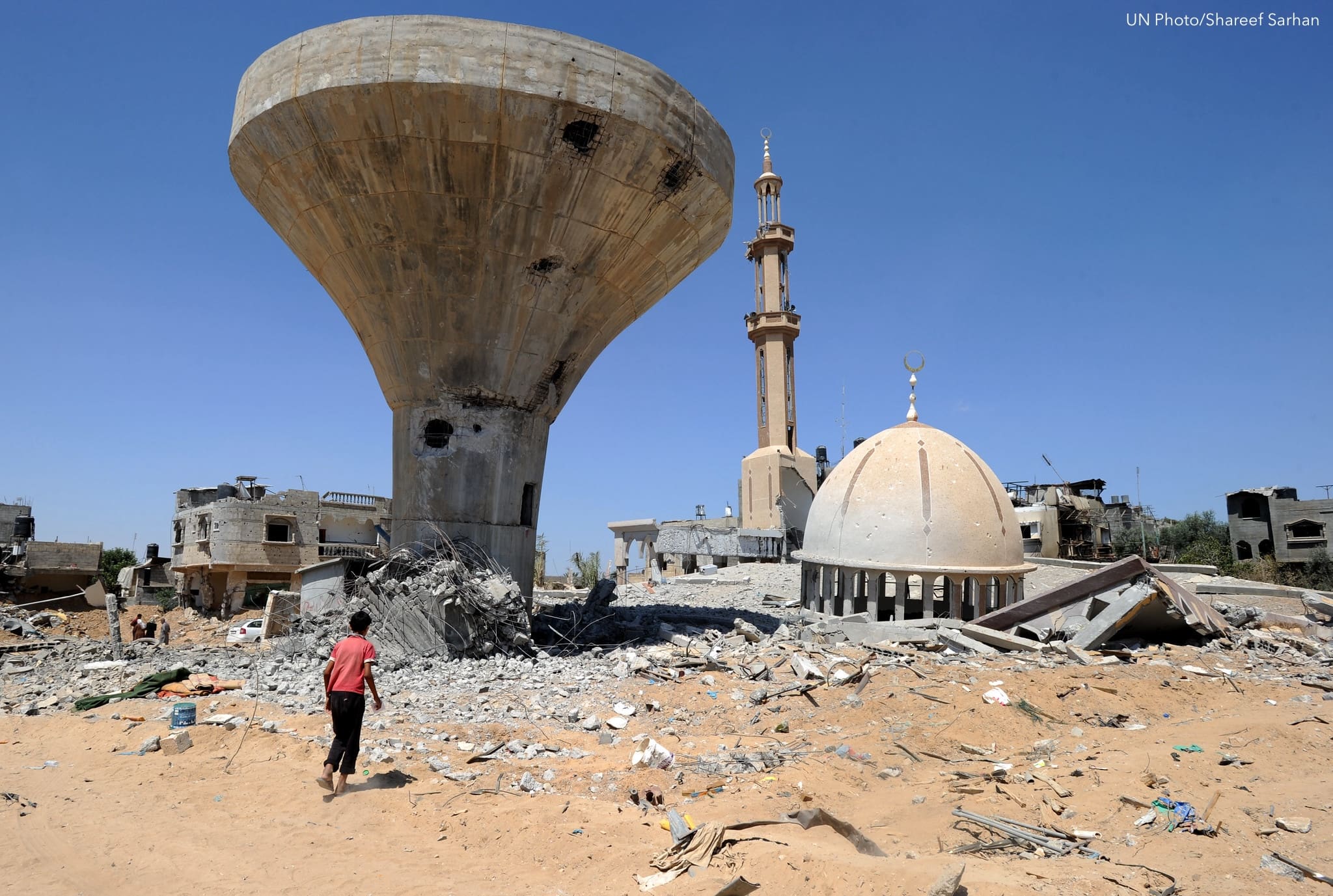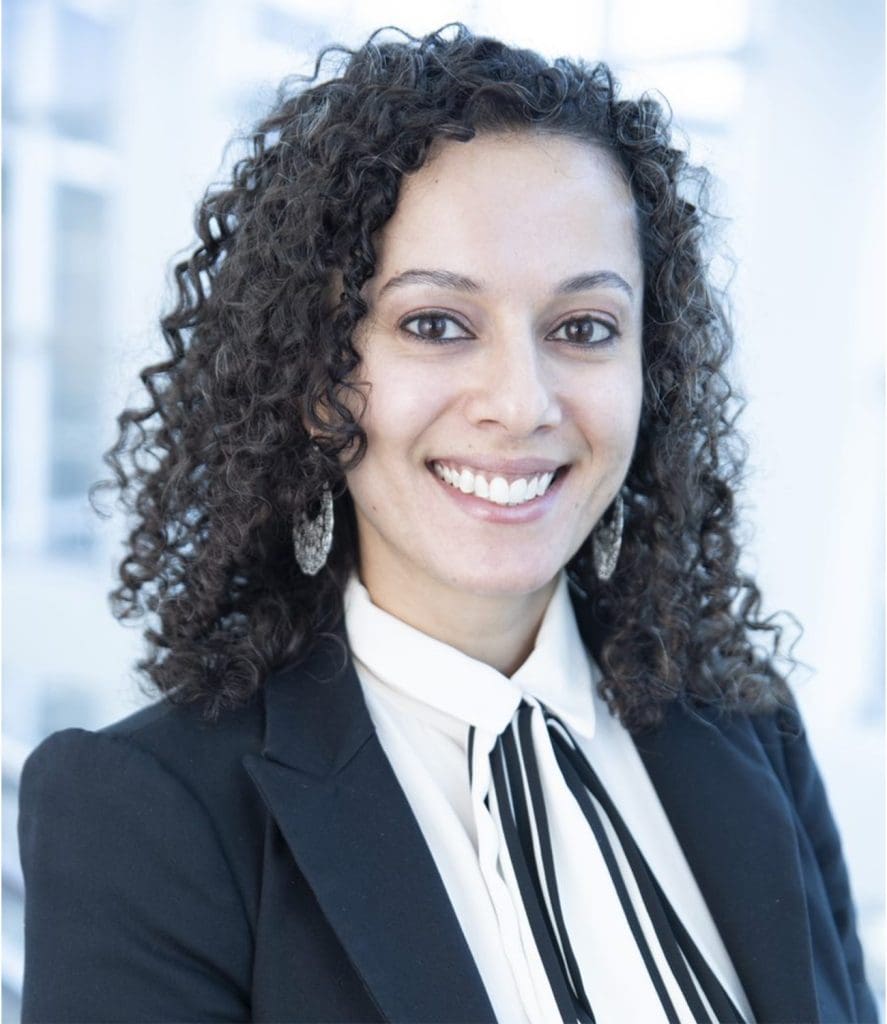
For over a year, Israel’s ongoing genocidal campaign has left Gaza devastated, with entire neighborhoods reduced to rubble and critical infrastructure decimated. Israeli forces have targeted and destroyed hospitals, schools, power plants, and water treatment facilities alike, not as collateral damage but as deliberate acts of collective punishment specifically designed to render Gaza uninhabitable.
Amid this unprecedented level of destruction, Gaza’s municipal workers, engineers, and residents continue efforts to rebuild what they can, reconstructing public services while under constant fire. Their efforts are not only about survival but defy a campaign that seeks to erase Palestinian existence outright.
In this policy lab, Yara Asi and Layth Hanbali join host Tariq Kenney-Shawa to discuss Israel’s systematic assault on civilian infrastructure across Gaza and efforts to survive and rebuild against all odds.
Dr. Yara M. Asi is an Assistant Professor at the University of Central Florida in the School of Global Health Management and Informatics. Her research agenda focuses on global health, human rights, and development in fragile populations. She is a Non-resident Fellow at the Arab Center Washington DC, a 2020-2021 Fulbright US Scholar to the West Bank, the Fall 2021 US Fellow at Al Shabaka Palestinian Policy Network, and the co-chair of the Palestine Health Justice Working Group in the American Public Health Association. Along with working at one of the first accountable care organizations in the United States, she has also worked with Amnesty International USA and the Palestinian American Research Center on policy and outreach issues. She has presented at multiple national and international conferences on topics related to global health, food security, health informatics, and women in healthcare, and has published extensively on health and well-being in fragile and conflict-affected populations in journal articles and book chapters. Her work has also been featured in The Washington Post, The Guardian, The Nation, +972 Magazine, The Conversation, Al Jazeera, The World, and other outlets. Her forthcoming book with Johns Hopkins University Press will examine war as a public health crisis.
Layth Hanbali is a freelance consultant focusing on health policy. He has also worked as a researcher, public health practitioner, and doctor, volunteered as a civil society organiser, and taught on several Global Health programmes. He earned a Master’s degree in Health Policy, Planning and Financing from the London School of Economics and Political Science and the London School of Hygiene and Tropical Medicine, and a medical degree and a bachelor’s degree in Global Health from University College London.













